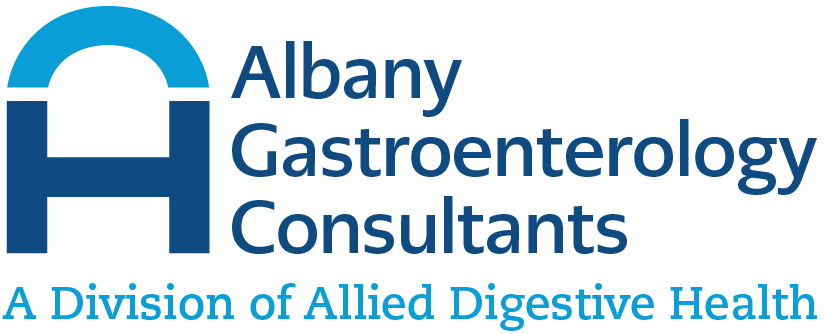The esophagus is the tube that carries food from the throat to the stomach. However, it is not just a simple tube. The lower esophagus has a specialized muscle around it that usually stays tightly closed, opening only to allow food and liquid into the stomach. It acts to prevent the reflux of stomach acid into the esophagus.
The esophagus is the tube that carries food from the throat to the stomach. However, it is not just a simple tube. The lower esophagus has a specialized muscle around it that usually stays tightly closed, opening only to allow food and liquid into the stomach. It acts to prevent the reflux of stomach acid into the esophagus.
Symptoms occur when this specialized muscle weakens and allows stomach acid to splash up into the esophagus. These symptoms include heartburn, chest discomfort, and bitter fluid flowing up into the mouth. Chest discomfort can occur. If the stomach juice trickles into the breathing tubes, hoarseness, cough, and even shortness of breath can occur. This entire problem is called GERD (Gastroesophageal Reflux Disease). A number of factors, including certain foods, may cause the lower esophageal muscle to relax, causing GERD.
Nutrition Facts
A diet designed to prevent or reduce acid reflux is usually easy to follow. The basic food groups of cereals, vegetables, fruits, dairy products, and meats can be eaten with only a few limitations. So, this diet generally meets the Recommended Dietary Allowances (RDA) of the National Research Council. A vitamin C supplement may be needed if an individual does not tolerate citrus foods such as orange, tomato, etc.
| Special Considerations |
|---|
| The lower esophageal muscle can be weakened by factors other than food. The following recommendations may be helpful in reducing symptoms:Stop using tobacco in all forms. Nicotine weakens the lower esophageal muscle.Avoid chewing gum and hard candy. They increase the amount of swallowed air which, in turn, leads to belching and reflux.Do not lie down immediately after eating. Avoid late evening snacks.Avoid tight clothing and bending over after eating.Eat small, frequent portions of food and snack if needed.Lose weight if overweight. Obesity leads to increased reflux.Elevate the head of the bed six to eight inches to prevent reflux when sleeping. Extra pillows, by themselves, are not very helpful.The following foods aggravate acid reflux, and should be avoided:fatty or fried foodspeppermint and spearmintwhole milkoilschocolatecreamed foods or soupsmost fast foodsThe following foods irritate an inflamed lower esophagus and may need to be limited or avoided:citrus fruits and juices (grapefruit, orange, pineapple, tomato)coffee (regular and decaffeinated)caffeinated soft drinksteaother caffeinated beveragesSpicy or acidic foods may not be tolerated by some individuals. |
| Food Groups | ||
|---|---|---|
| Group | Recommend | Avoid |
| Milk or milk products | skim, 1% or 2% low-fat milk; low-fat or fat-free yogurt | whole milk (4%), chocolate milk |
| Vegetables | all other vegetables | fried or creamy style vegetables*, tomatoes |
| Fruits | apples, berries, melons, bananas, peaches, pears | citrus*: such as oranges, grapefruit, pineapple |
| Breads & grains | all those made with low-fat content | any prepared with whole milk or high-fat |
| Meat, meat substitutes | low-fat meat, chicken, fish, turkey | cold cuts, sausage, bacon, fatty meat, chicken fat/skin |
| Fat, oils | none or small amounts | all animal or vegetable oils |
| Sweets & desserts | all items made with no or low fat (less than or equal to 3 g fat/serving) | chocolate, desserts made with oils and/or fats |
| Beverages | decaffeinated, non-mint herbal tea; juices (except citrus); water | alcohol, coffee (regular or decaffeinated), carbonated beverages, tea, mint tea |
| Soups | fat-free or low-fat based | chicken, beef, milk, or cream-based soups |
| *Individually determined | ||

